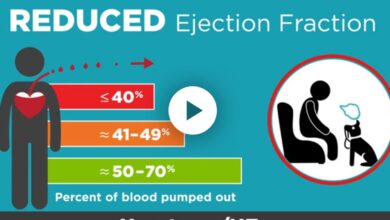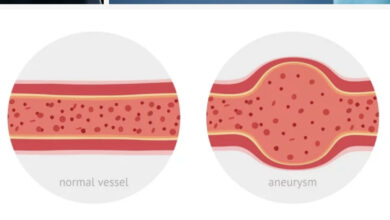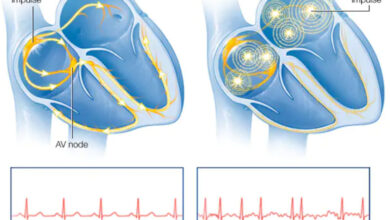ABLATION PREVENTS PROGRESSION OF ATRIAL FIB

Many of you readers of Dr G Opines are familiar with Atrial Fibrillation because you’ve had it, yourself. It’s not an unknown malady because it’s been part of your life. Many of you have also had an ablation, or two, or three, in an attempt to prevent it from occurring. Radio Frequency Ablations are being done more often and much earlier now that it has been established they are safe and effective.
Like most things, Atrial Fib gets worse with time. It often begins off and on with episodes lasting several minutes, to several hours, to several days. These sporadic episodes are called Paroxysmal Atrial Fibrillation (PAF). They occur in Paroxysms—out of the blue for no obvious reason and last a short time. Then, as we age and develop high blood pressure, coronary disease, chronic lung disease, and arteriosclerosis, A Fib becomes more frequent and episodes last longer. Some folks are in A Fib all the time.
Chronic, sustained Atrial Fib has a high association with stroke, cardiovascular hospitalizations and/or death, and death from all causes. That’s why doing something about A Fib is important long term. Up until recent years, anti-arrhythmic drugs and blood thinners (anticoagulants) were all that was available. Now specialized cardiologists, called Electrophysiologists, are performing Radio Frequency Ablations more often and with improving results.
In China, where a lot of medical research is done, researchers studied 8290 patients with PAF. Half of them had ablations early on after diagnosis; half did not. The intent was to monitor the normal progression of AF and see if early ablation had any effect on preventing worsening. They also wanted to see if ablation reduced, or slowed, the major long-term consequences of A Fib—stroke, CV disease, et al. Their results were impressive.
Patients were followed over a period of between 2 to 5 years. 22.5% of non-ablated patients progressed to sustained Atrial Fib while only 3% of the ablated patients progressed. So patients who were not ablated early had a 7 times greater chance of worsening A Fib.
Non-ablated patients were also more likely to suffer from a stroke or cardiovascular complications.
The “take home message” here is that having a radio frequency ablation procedure soon after the diagnosis of A Fib is established lessens the chances of progression to Chronic Atrial Fib and reduces the serious cardiovascular complications attendant thereto. Stroke, CV hospitalizations, and death from all causes are all impacted significantly by ablation. It wasn’t mentioned, but I’m certain quality of life is another factor improved by early ablation.
Electrophysiologists now do ablations with impunity. Electrical pathway mapping has improved and techniques of ablation are more efficient and more effective. You may still have to have it done twice, but the chances of that are far less than just 3-4 years ago. It is a risky invasive procedure, but like most things the more ablations a doctor does the better results he gets.
This article advocates for early ablation as a means to stop the progression of atrial fibrillation. The results seem to bear that out. Ablation is a complex procedure that involves heart catheterization and all the attendant complications. It should not be taken lightly! But since it seems the long term effects of AF are altered, it certainly should be considered sooner rather than later.





Your website is a great example of excellent web design.
Thanks